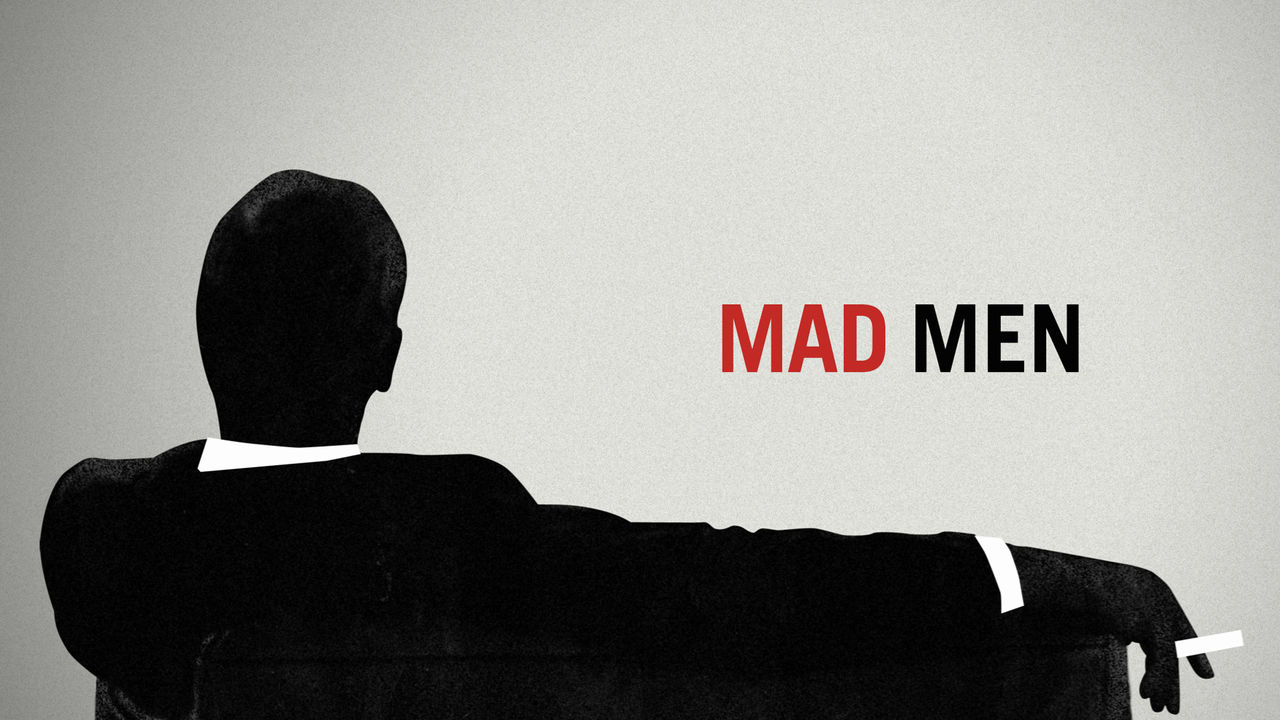A Powerful Medicine
Howard Schaap
 I think of it like fingerprinting—fingerprinting for someone’s being-in-the-world.
I think of it like fingerprinting—fingerprinting for someone’s being-in-the-world.
Anybody can do it. Perhaps the best place to start is with those closest to us. I have three sisters: one with laser intellect able to bless or zero you through her eyes; another with a Phoenix-like power, able to sacrifice her body and make it rise again; and a third with a charisma spoken right from the heart, which effects everyone it touches like pixie-dust.
Then again, it’s a practiced art. Think of the teachers who first name it for us, who watch hundreds of students parade through their classrooms, but who turn to us and name it, the thing in us that we grasp onto and say, “I am __________.”
The “thing in us” that I’m talking about is something akin to the Native American term “medicine,” though that concept is larger and more powerful still, a concept about which I’m not qualified to speak. Humbly, though, I’d still like to borrow this term “medicine,” a term that speaks to one’s powerful effect on the world, an outworking of an individual’s internal qualities.
To name someone else’s medicine takes intimate knowledge or just careful observation plus language, which is why it is so often the domain of teachers or writers. Language undoubtedly plays a role in understanding these things, in “unlocking” them, to tie into the language of self-help, which for my money flattens the concept. In naming a person’s medicine, we cause those qualities to be, we bring them forward from the chaos of personality and give them being that they might be wielded in the world.
In writing terms, to name someone’s medicine is creative nonfiction’s version of characterization, except it’s naming what’s already there. Actually, then, it’s more like simple exposition: naming the power that inheres in a person that is their driving force in the world. Naming someone’s medicine, and knitting various people with their various medicines together, surely transforms the world into a place of possibility.
It’s a skill we could stand to cultivate. Another easy place to start is with the famous. Muhammad Ali’s self-characterization, “float like a butterfly, sting like a bee,” only captures one aspect of his powerful medicine, one that both continues to ripple in the world and of which we now feel the loss. Currently, I’m spellbound by the wood elf mischief of the basketball player Steph Curry: elusive, playful, masterful.
But mostly, I think, we should look at the people right around us, to name the medicine in the lady we otherwise might look past, in the fellow who has no beauty that we should desire him. There might even be prophetic insight or balm for the world in the act. How much medicine is lost on the world because there is no one to name it?
 I tag along with my wife to her work functions, mingle with people whom I am trying desperately to assign names to faces. I get the question often enough. And it’s begun to rattle me like empty dinner glasses.
I tag along with my wife to her work functions, mingle with people whom I am trying desperately to assign names to faces. I get the question often enough. And it’s begun to rattle me like empty dinner glasses.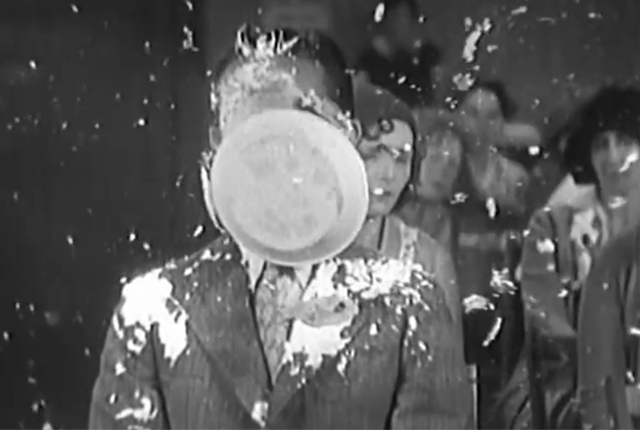 What they don't tell you is that getting older comes on you like a pie in the face: suddenly, unjustly, and funny to onlookers. And not funny to you. It comes like a slow-motion pratfall. It feels like a prank show genius has studied your increasing night-time eliminations and booby-trapped the route with a banana peel, a toy truck and a hoe in perfect succession. Aging comes blindly, symptom by symptom, each with its own joke.
What they don't tell you is that getting older comes on you like a pie in the face: suddenly, unjustly, and funny to onlookers. And not funny to you. It comes like a slow-motion pratfall. It feels like a prank show genius has studied your increasing night-time eliminations and booby-trapped the route with a banana peel, a toy truck and a hoe in perfect succession. Aging comes blindly, symptom by symptom, each with its own joke.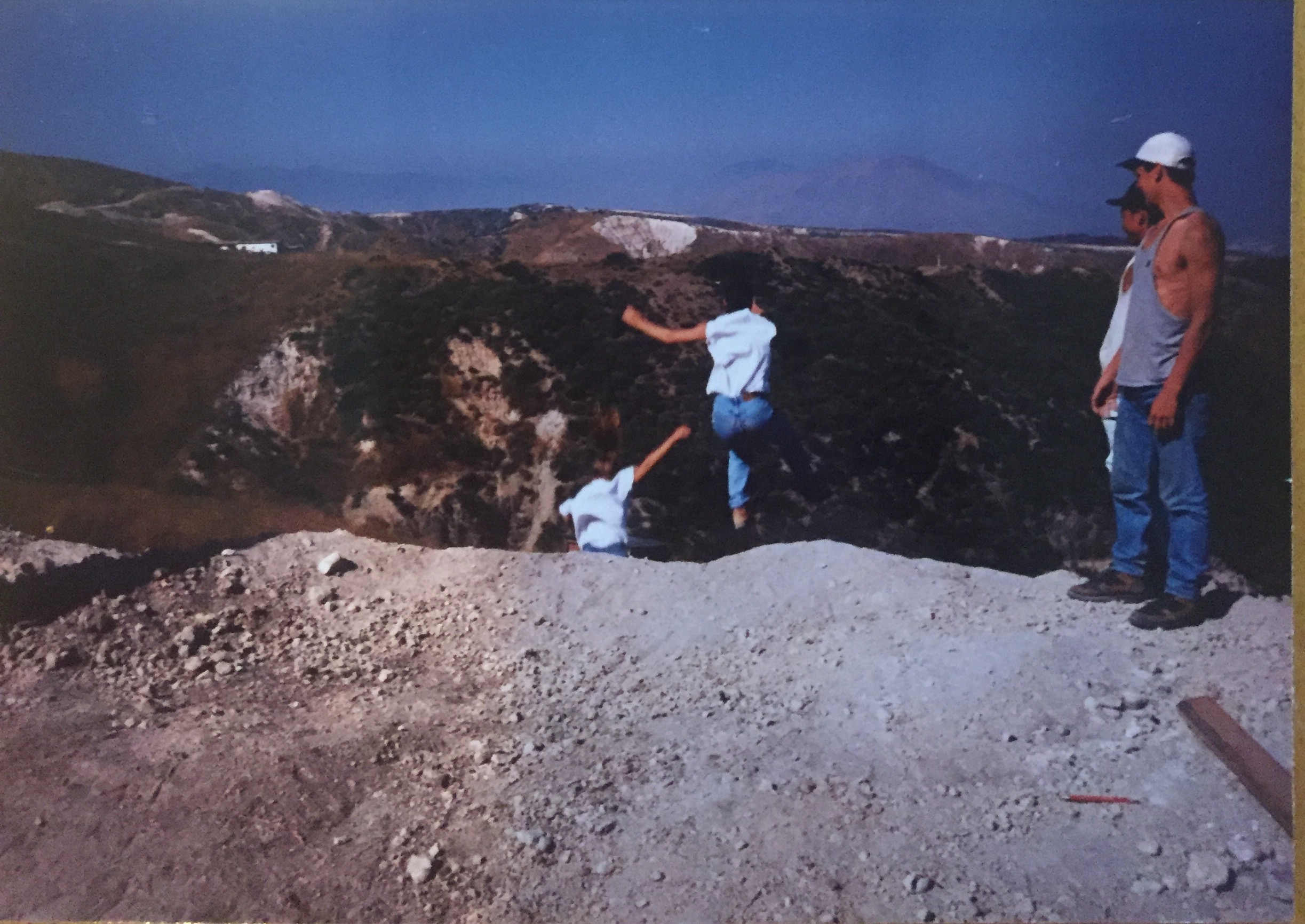
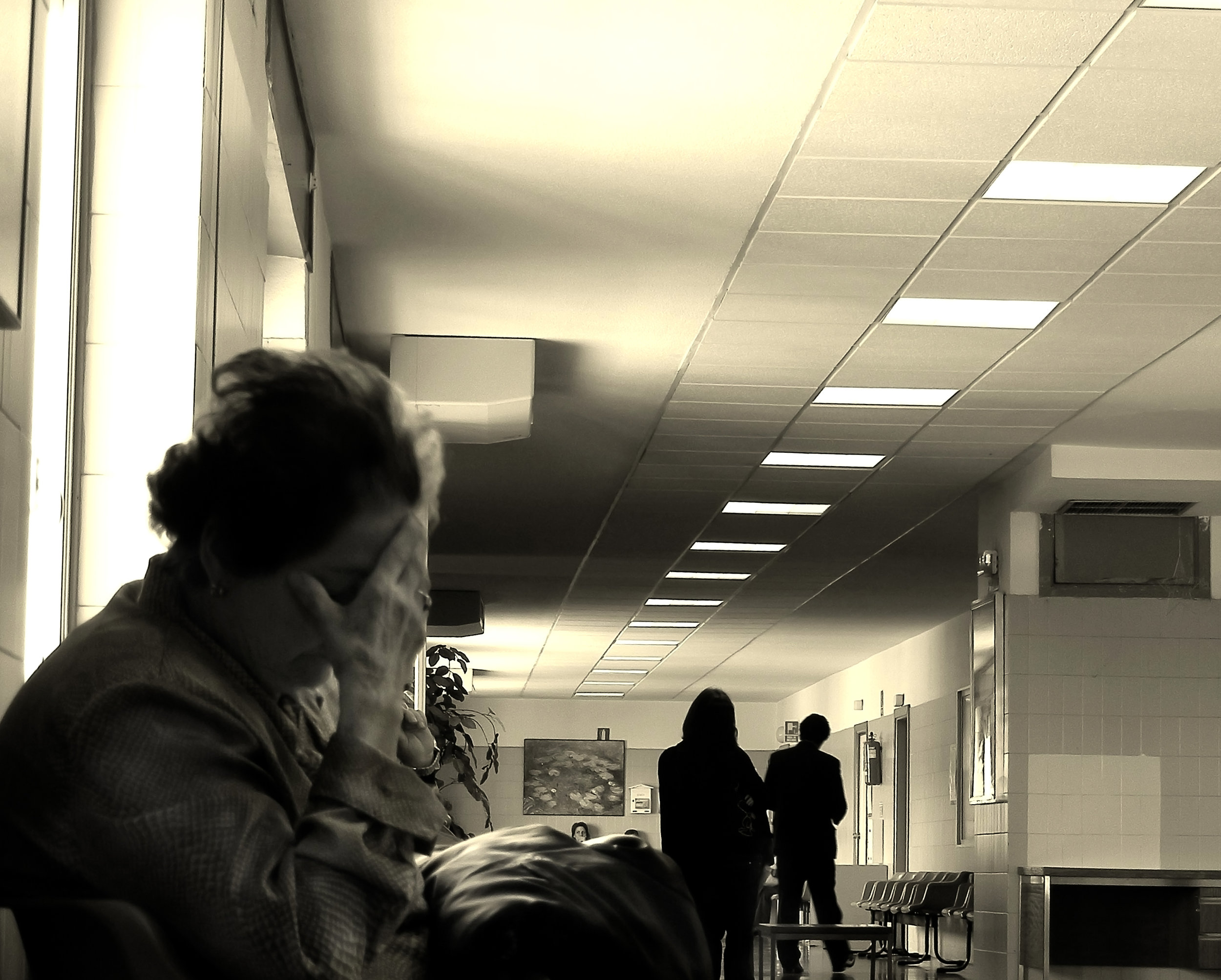 Kiss me, and you will see how important I am.
—
Kiss me, and you will see how important I am.
—

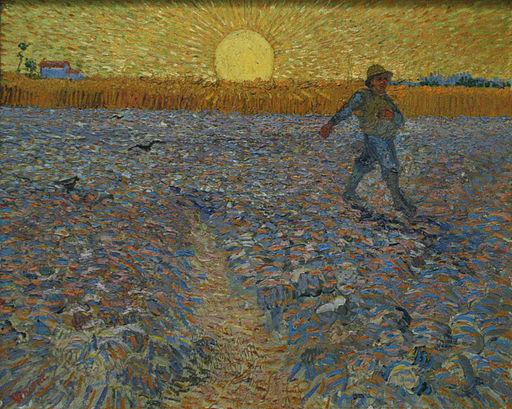
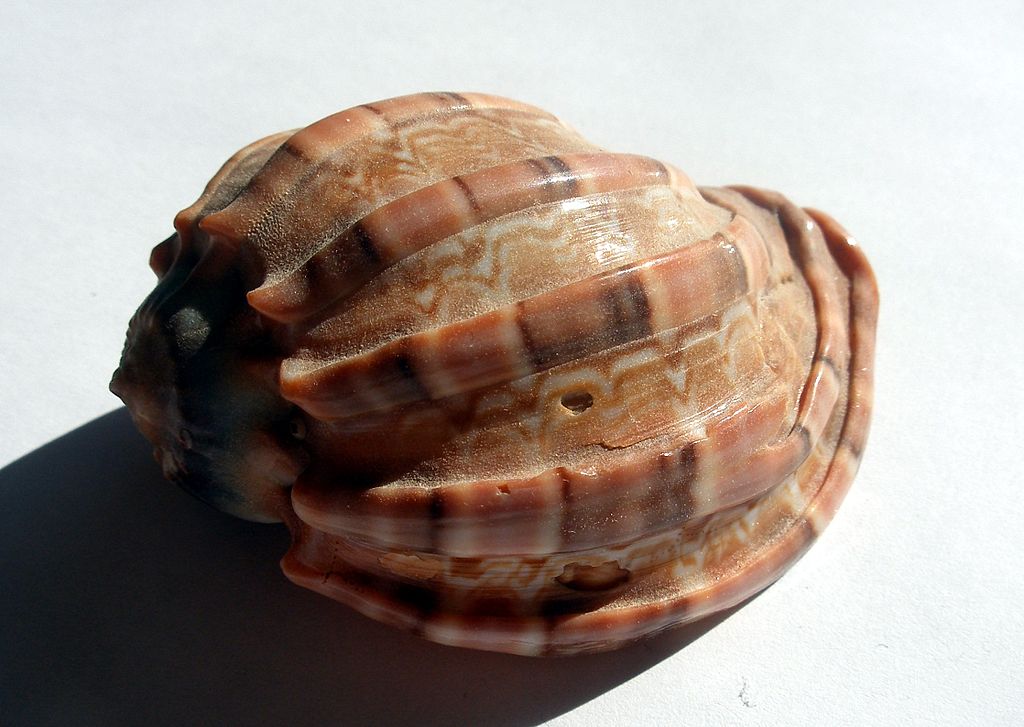 Read
Read 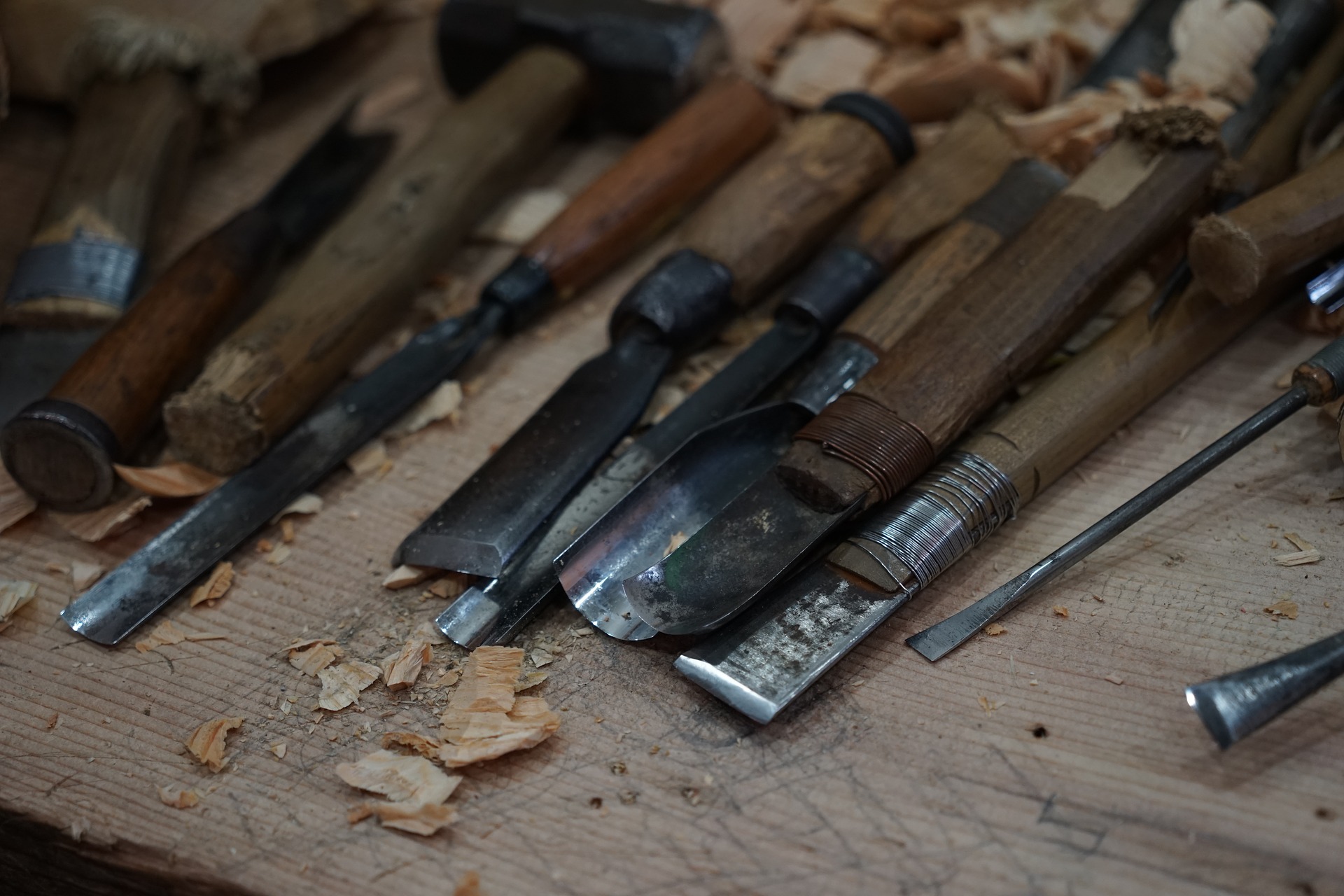 On the second day of our impromptu beach vacation, Dennis decides to buy an electric planer at a local hardware store. “The oak panels need to be thinner, so they will resonate more once the harp is complete.”
On the second day of our impromptu beach vacation, Dennis decides to buy an electric planer at a local hardware store. “The oak panels need to be thinner, so they will resonate more once the harp is complete.”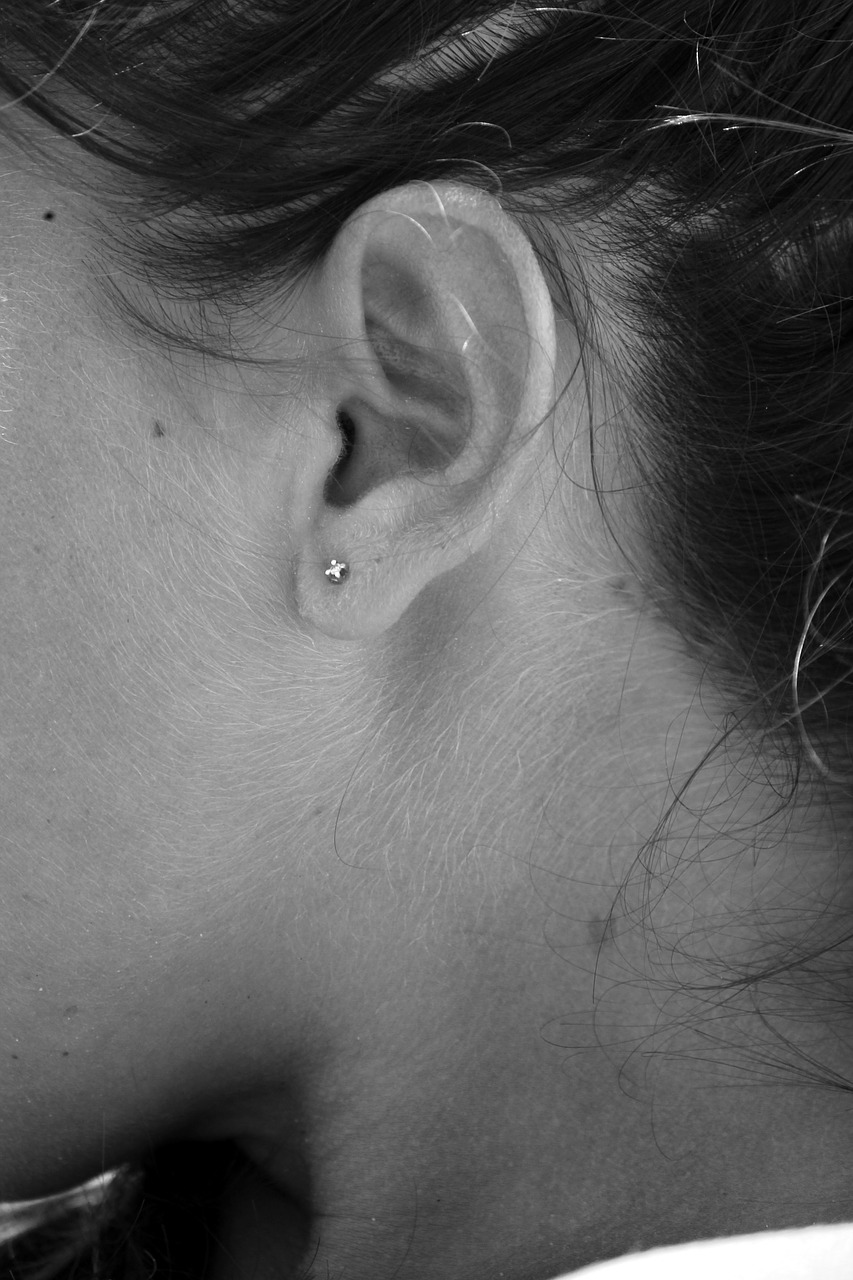 I was 27 years old when my daughter, my only child, Ellie, was born. It took years to conceive her, and then suddenly, on a pre-dawn Saturday morning, my water broke like the rainstorm that always arrives on days a meteorologist has confidently assured you, “Enjoy, folks. Today will be a sunny 70 degrees.” There were no signs Ellie would be a full three weeks early.
I was 27 years old when my daughter, my only child, Ellie, was born. It took years to conceive her, and then suddenly, on a pre-dawn Saturday morning, my water broke like the rainstorm that always arrives on days a meteorologist has confidently assured you, “Enjoy, folks. Today will be a sunny 70 degrees.” There were no signs Ellie would be a full three weeks early. “For the mouth speaks out of that which fills the heart”
—Matthew 12.34
“For the mouth speaks out of that which fills the heart”
—Matthew 12.34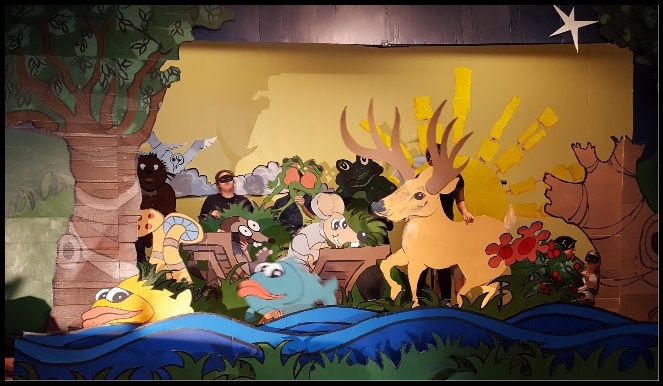 “But Mole stood still a moment, held in thought. As one wakened suddenly from a beautiful dream, who struggles to recall it, but can recapture nothing but a dim sense of the beauty in it, the beauty! Till that, too, fades away in its turn, and the dreamer bitterly accepts the hard, cold waking and all its penalties.”
― Kenneth Grahame,
“But Mole stood still a moment, held in thought. As one wakened suddenly from a beautiful dream, who struggles to recall it, but can recapture nothing but a dim sense of the beauty in it, the beauty! Till that, too, fades away in its turn, and the dreamer bitterly accepts the hard, cold waking and all its penalties.”
― Kenneth Grahame,  Just last week, during prayers at bedtime, my youngest son thanked God that piano lessons were over for the summer. I’m not sure when it became law for upright pianos to be stationed in every household, to break the backs of the fathers who move them there and to break the minds of children who, coming home daily from school, find not freedom but piano lessons, but it’s a law I resent even as I continue to abide by it. In one corner we, too, have a breaking-down piano like a hulking mushroom.
Just last week, during prayers at bedtime, my youngest son thanked God that piano lessons were over for the summer. I’m not sure when it became law for upright pianos to be stationed in every household, to break the backs of the fathers who move them there and to break the minds of children who, coming home daily from school, find not freedom but piano lessons, but it’s a law I resent even as I continue to abide by it. In one corner we, too, have a breaking-down piano like a hulking mushroom.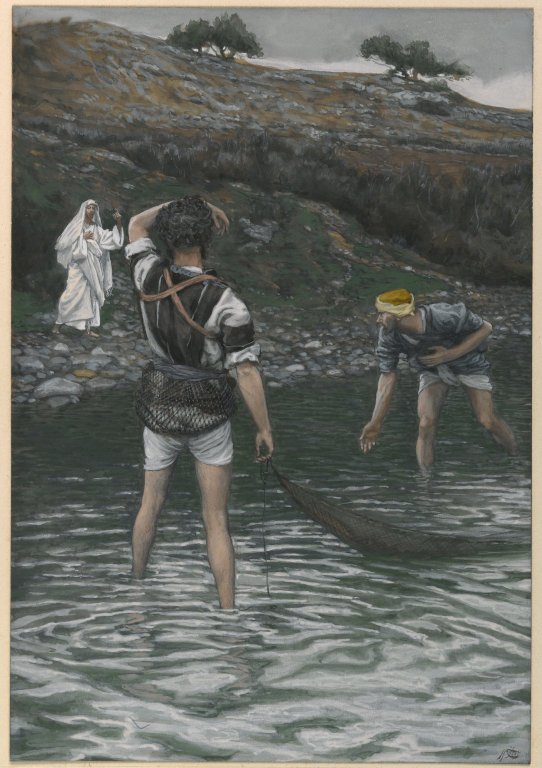 The simple answer to the question is: I’ve read enough great books to just know. But this isn’t about that answer. It’s too simple anyway—and carelessly arrogant—however satisfactory it is. Instead this is about the question I found myself contemplating after reading the opening salvo of Tim Winton’s
The simple answer to the question is: I’ve read enough great books to just know. But this isn’t about that answer. It’s too simple anyway—and carelessly arrogant—however satisfactory it is. Instead this is about the question I found myself contemplating after reading the opening salvo of Tim Winton’s 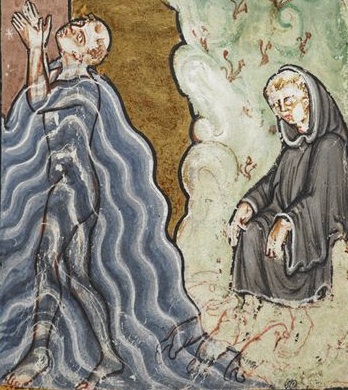
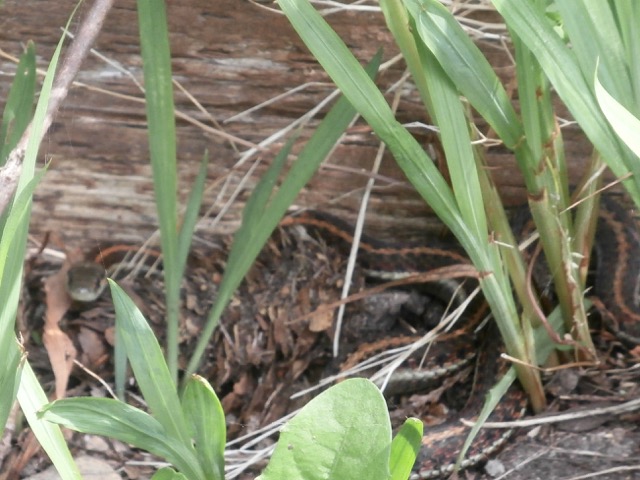 I found the skin of a snake in my backyard last summer while I was crawling on my hands and knees pulling weeds. Sandwiched between stalks of crocosmia was an entire body case, white and transparent, stamped with tiny squares, like thin patterned tissue paper. Resting there whole, without the snake itself, I thought of the disciples finding Jesus’ grave clothes in the empty tomb. Where had he gone?
I found the skin of a snake in my backyard last summer while I was crawling on my hands and knees pulling weeds. Sandwiched between stalks of crocosmia was an entire body case, white and transparent, stamped with tiny squares, like thin patterned tissue paper. Resting there whole, without the snake itself, I thought of the disciples finding Jesus’ grave clothes in the empty tomb. Where had he gone?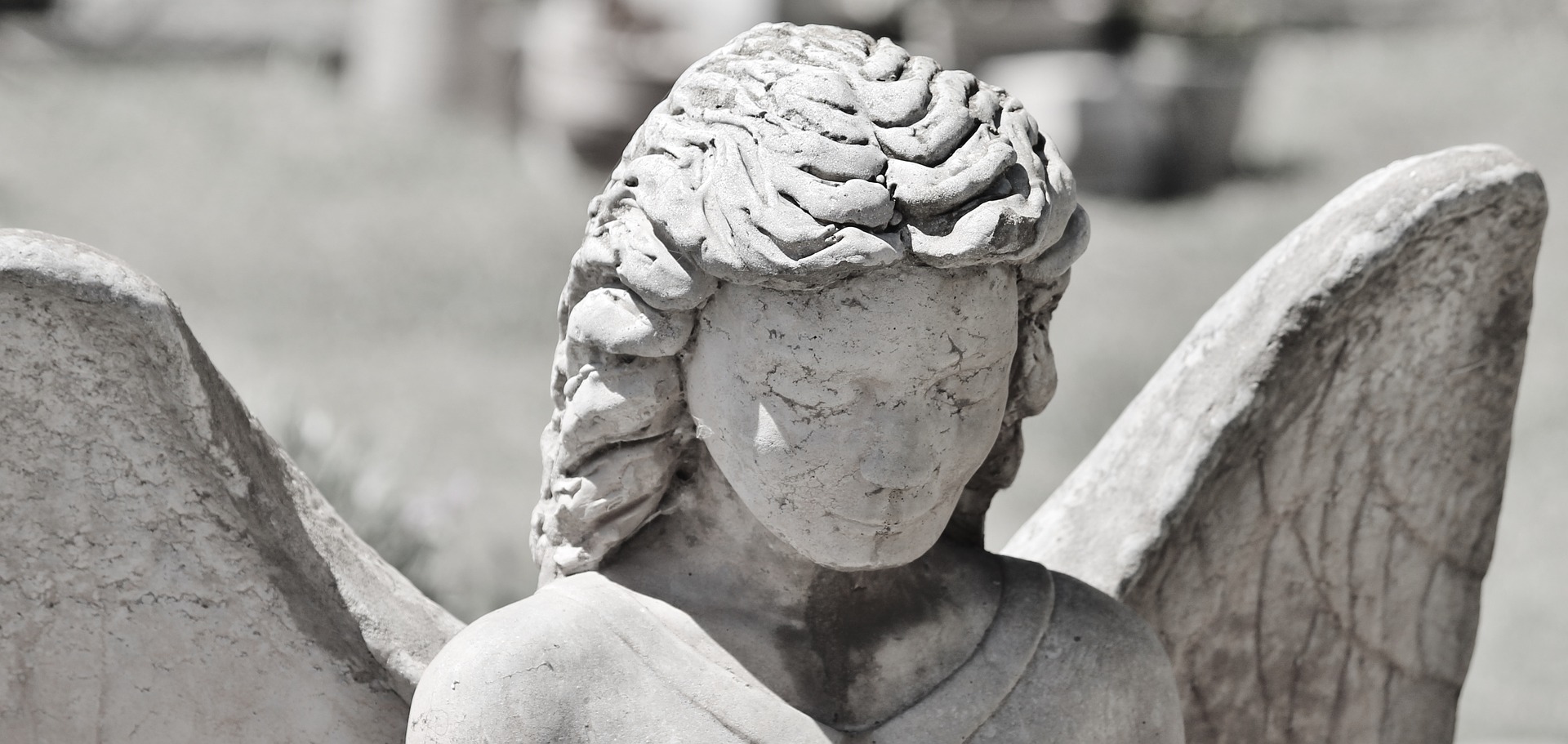 “Do you ever get used to such a place?’
She laughs then, a short bitter laugh I recognize and comprehend at once.
"Do you get used to life?" she says.
“Do you ever get used to such a place?’
She laughs then, a short bitter laugh I recognize and comprehend at once.
"Do you get used to life?" she says.
 Read Part I
Read Part I 